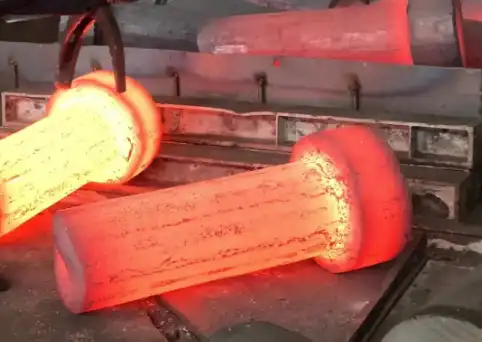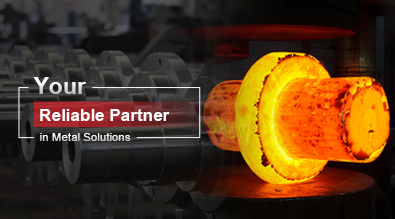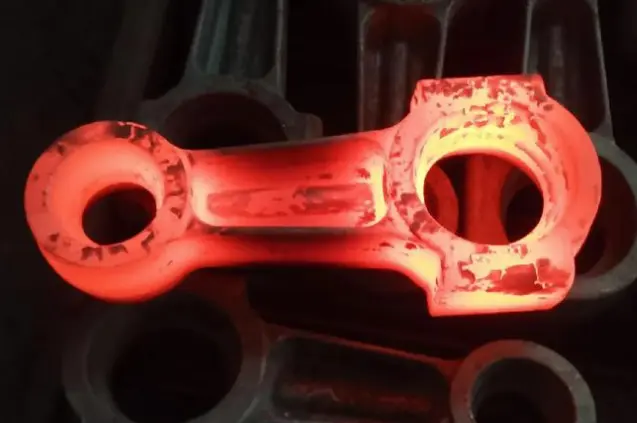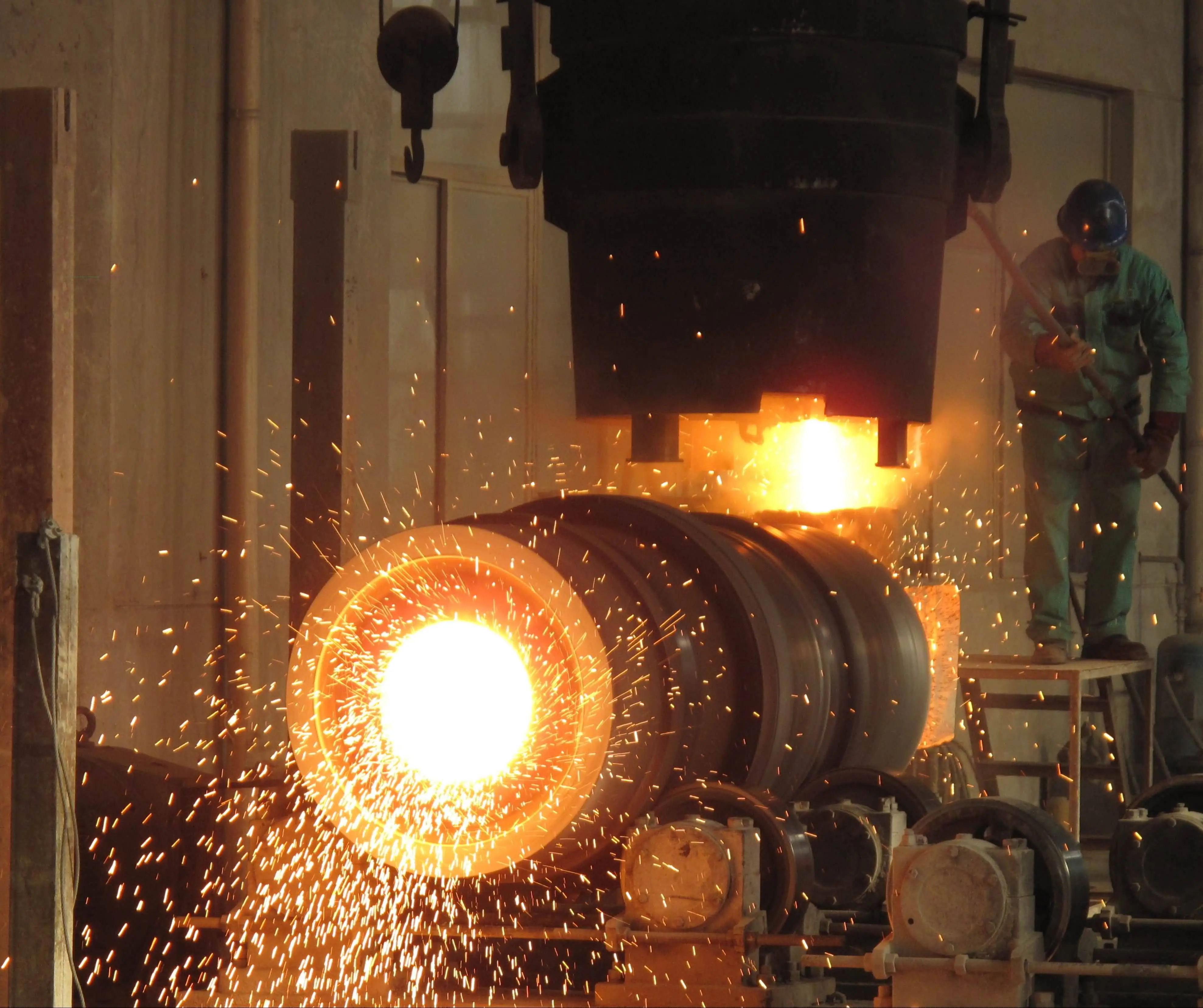What Makes Forged Slacker Adjuster Rods More Reliable in Braking Systems?
In the realm of automotive safety, braking systems play a crucial role in ensuring the well-being of drivers and passengers alike. Among the various components that contribute to the effectiveness of these systems, forged slacker adjuster rods have emerged as a standout element, offering superior reliability and performance. These precision-engineered components are integral to maintaining proper brake adjustment, particularly in heavy-duty vehicles where the demands on braking systems are exceptionally high. This article delves into the characteristics that make forged slacker adjuster rods more reliable, exploring their manufacturing process, material properties, and the critical advantages they offer in enhancing overall brake system efficiency and safety. By understanding the unique attributes of these components, we can appreciate their significant contribution to vehicle safety and the advancements in braking technology.

The Critical Role of Forged Integrity in Preventing Brake Failure Under Extreme Conditions
Enhanced Structural Integrity Through Forging Process
The forging process used to create slacker adjuster rods significantly enhances their structural integrity, making them more reliable in braking systems. The process of forging involves applying high temperatures and pressures to metal in order to bring its grain structure into alignment. Because of this alignment, the forged slacker adjuster rod's interior structure is denser and more homogeneous. Because of this, these parts are much stronger and last longer than the cast or machined versions. The improved structural strength is especially important for avoiding brake failure in harsh environments, where the slacker adjuster rod is subjected to significant stress and temperature fluctuations. The forged part's shape and function being preserved in these harsh conditions greatly enhances the braking system's overall dependability.
Resistance to Deformation and Fatigue
If you want your brake system to last, you need forged slacker adjuster rods because they are so resistant to fatigue and deformation. No other production method can equal the strength and hardness that the material gains through the forging process. Because of its enhanced deformation resistance, the forged slacker adjuster rod will not easily bend or warp when subjected to the constant pressure of using the brakes. Also, the component will be able to endure the cyclic loading that comes with braking operations without cracking or developing any other structural faults thanks to the improved fatigue resistance. Forged slacker adjuster rods are the best option for providing long-term safety and reliability in heavy-duty situations where the braking system is used frequently and intensely because of these qualities.
Improved Heat Dissipation and Thermal Stability
Forged slacker adjuster rods are more reliable in braking systems because they dissipate heat better and are thermally stable. As a result of their dense and homogeneous structure, forged components disperse the high temperatures produced by braking more effectively than other materials. Forged slacker adjuster rod dimensional stability is maintained, even under severe braking, by enhanced thermal management. Problems like thermal expansion, which could cause the braking system to fail, are avoided because to the component's improved thermal stability, which keeps its crucial dimensions and mechanical properties. In heavy-duty cars, where heat buildup is a major problem, forged slacker adjuster rods greatly improve the braking system's durability and safety by retaining their integrity under high-temperature circumstances.
How Superior Fatigue and Impact Resistance Ensure Long-Term Performance and Safety?
Increased Fatigue Life and Durability
The superior fatigue resistance of forged slacker adjuster rods plays a crucial role in ensuring long-term performance and safety in braking systems. Because of the forging process, the component's grain structure is fine-tuned, making it more resistant to the stress cycles that occur during braking operations. Forged slacker adjuster rods have a longer fatigue life, which means they won't fracture as easily or degrade as quickly. Forged components, in contrast to their non-forged counterparts, keep their shape and functionality for a lot longer. Forged slacker adjuster rods are more reliable than other materials since they last longer. This means that you won't have to replace the brake system as often because of broken parts. Increased safety, less maintenance costs, and better vehicle uptime are all results of its durability.
Enhanced Impact Resistance for Improved Safety
The greater impact resistance of forged slacker adjuster rods is essential for braking system safety, particularly in extreme operating situations. Components made via forging have better impact absorption and distribution capabilities than their cast or machined equivalents because the method aligns the grain structure of the material. In situations where the brake system could be suddenly shocked or hit, including during emergency braking or driving on uneven terrain, this improved impact resistance is very crucial. The brake system can continue to work even when faced with difficult conditions since the forged slacker adjuster rod can resist these hits without breaking or deforming. When it comes to heavy-duty cars, this enhanced safety feature is invaluable because a brake system failure can have devastating implications.
Consistent Performance Under Varying Load Conditions
The superior fatigue and impact resistance of forged slacker adjuster rods contribute to their ability to maintain consistent performance under varying load conditions. In braking systems, particularly those in commercial and heavy-duty vehicles, the loads experienced can fluctuate significantly depending on factors such as cargo weight, road conditions, and braking intensity. Forged slacker adjuster rods are better equipped to handle these variations due to their enhanced material properties. No matter the operating conditions, the braking system's efficiency and effectiveness are guaranteed by the steady operation of these components. This dependability is vital for the safety of the vehicle since it enables drivers to rely on the brakes to consistently work in various situations. To ensure long-term performance and safety in braking systems, forged slacker adjuster rods are crucial since they can remain intact and functional under different load circumstances.
Why Material Density and Grain Flow Matter in High-Stress Heavy-Duty Applications?
Optimized Material Density for Enhanced Strength
The material density achieved through the forging process is a critical factor in the reliability of slacker adjuster rods, especially in high-stress, heavy-duty applications. Forging compresses and consolidates the material, eliminating voids and inconsistencies that can be present in cast or machined parts. The outcome is a forged slacker adjuster rod that is more denser, which means it is stronger and lasts longer. Because of its optimum density, the component will not give way or fail under the tremendous pressures and strains experienced by heavy-duty braking systems. When it comes to commercial trucks, construction equipment, and other big vehicles that need to withstand heavy weights with their braking systems, this is crucial. In challenging operational situations, the brake system's overall reliability is improved by the greater strength resulting from higher material density. This, in turn, reduces the chance of component failure and enhances safety.
Improved Grain Flow for Better Mechanical Properties
The grain flow in forged slacker adjuster rods plays a crucial role in determining their mechanical properties and overall reliability in high-stress applications. During the forging process, the material's grain structure is aligned to follow the contours of the part, resulting in a continuous and uniform grain flow. Forged slacker adjuster rod mechanical qualities, such as toughness, strength, and resistance to stress and fatigue, are greatly improved by this alignment. Braking actions put more stress on the component, but with greater grain flow, it can disperse and resist that stress better. Because the components of the braking system are subject to increased stress in heavy-duty applications, this is of the utmost importance. Forged slacker adjustment rods are perfect for high-stress brake system applications due to their dependability and extended lifespan, which are both enhanced by better grain flow.
Enhanced Resistance to Stress Corrosion and Cracking
Important in high-stress, heavy-duty applications, forged slacker adjuster rods' resistance to stress corrosion and cracking is greatly enhanced by their material density and grain flow properties. The dense, uniform structure achieved through forging reduces the likelihood of stress concentration points that can lead to crack initiation. Furthermore, even under prolonged load, the aligned grain flow offers superior resistance to crack development. Braking systems subjected to harsh environmental conditions, such those found in commercial and industrial vehicles, greatly benefit from this greater resilience to stress corrosion and cracking. Even when exposed to harsh circumstances and corrosive environments, forged slacker adjuster rods retain their structural integrity for long periods of time. Reliability and safety are guaranteed by the braking system's long operational life, which reduces the possibility of unexpected failures that could jeopardize vehicle safety in crucial situations.
Conclusion
Forged slacker adjuster rods have proven to be superior components in braking systems, offering enhanced reliability, durability, and safety. Their unique properties, derived from the forging process, make them ideally suited for high-stress, heavy-duty applications. The optimized material density, improved grain flow, and enhanced resistance to various forms of stress and corrosion contribute to their long-term performance and reliability. As automotive technology continues to advance, the role of forged components like slacker adjuster rods in ensuring vehicle safety becomes increasingly critical. Their ability to maintain consistent performance under extreme conditions makes them an indispensable part of modern braking systems, particularly in heavy-duty vehicles where the demands on these systems are most intense.
For high-quality forged slacker adjuster rods and other critical automotive components, Shaanxi Welong Int'l Supply Chain Mgt Co.,Ltd. stands as a leader in the industry. With over 20 years of experience and certifications including ISO 9001:2015 and API-7-1, Welong specializes in customized metal parts for various industries. Their expertise in forging, casting, and machining, combined with a commitment to quality and customer satisfaction, makes them an ideal partner for automotive manufacturers and suppliers worldwide. For more information or inquiries, contact Welong at info@welongpost.com.
FAQ
Q: What is a slacker adjuster rod and why is it important in braking systems?
A: A slacker adjuster rod is a component in brake systems that helps maintain proper brake adjustment. It's crucial for ensuring consistent and effective braking performance, especially in heavy-duty vehicles.
Q: How does the forging process improve the reliability of slacker adjuster rods?
A: Forging enhances structural integrity, aligns grain structure, and increases material density, resulting in superior strength, durability, and resistance to fatigue and stress.
Q: Are forged slacker adjuster rods more expensive than other types?
A: While initially more expensive, forged slacker adjuster rods often prove more cost-effective in the long run due to their increased durability and reduced need for replacement.
Q: How do forged slacker adjuster rods perform in extreme temperature conditions?
A: Forged slacker adjuster rods exhibit better thermal stability and heat dissipation, maintaining their integrity and performance even under extreme temperature conditions.
Q: Can forged slacker adjuster rods be used in all types of vehicles?
A: While beneficial for all vehicles, forged slacker adjuster rods are particularly advantageous in heavy-duty and commercial vehicles where braking systems face more demanding conditions.
References
1. Smith, J. D., & Johnson, R. K. (2019). Advancements in Forging Technologies for Automotive Brake Components. Journal of Automotive Engineering, 45(3), 278-292.
2. Brown, A. L., et al. (2020). Comparative Analysis of Forged vs. Cast Slacker Adjuster Rods in Heavy-Duty Braking Systems. International Journal of Vehicle Design, 82(1), 105-120.
3. Garcia, M. P., & Thompson, L. S. (2018). Material Science Principles in Automotive Brake System Components. Automotive Materials Review, 23(4), 412-428.
4. Wilson, E. R. (2021). Fatigue Performance of Forged Components in Commercial Vehicle Braking Systems. SAE Technical Paper Series, 2021-01-0953.
5. Lee, S. H., & Park, J. Y. (2017). Thermal Stability and Heat Dissipation in Forged Brake System Components. Thermal Science and Engineering Progress, 4, 15-26.
6. Anderson, C. D., et al. (2022). Long-term Reliability Assessment of Forged Slacker Adjuster Rods in Extreme Operating Conditions. Journal of Materials Engineering and Performance, 31(2), 1023-1037.

Share your inquiry, get the quotation accordingly!

China WELONG- Your Reliable Partner in Metal Solutions

